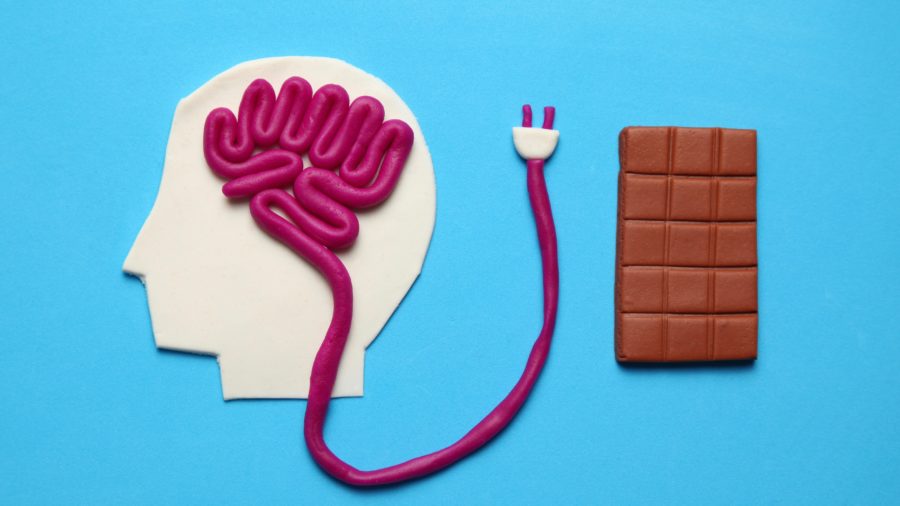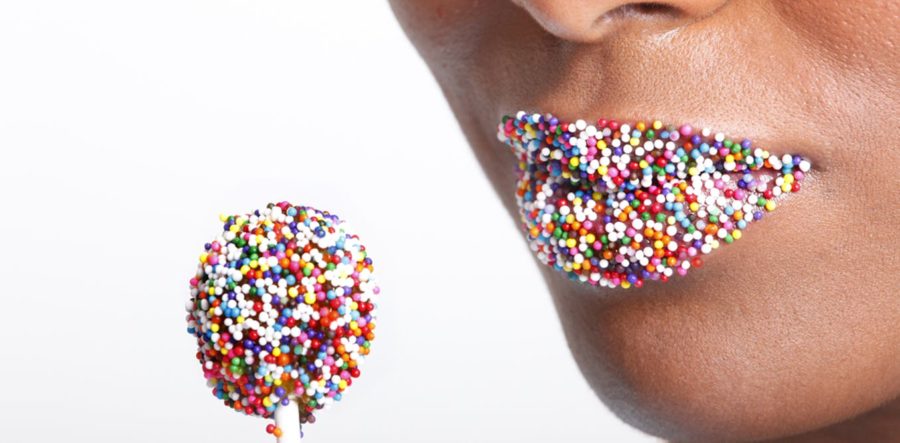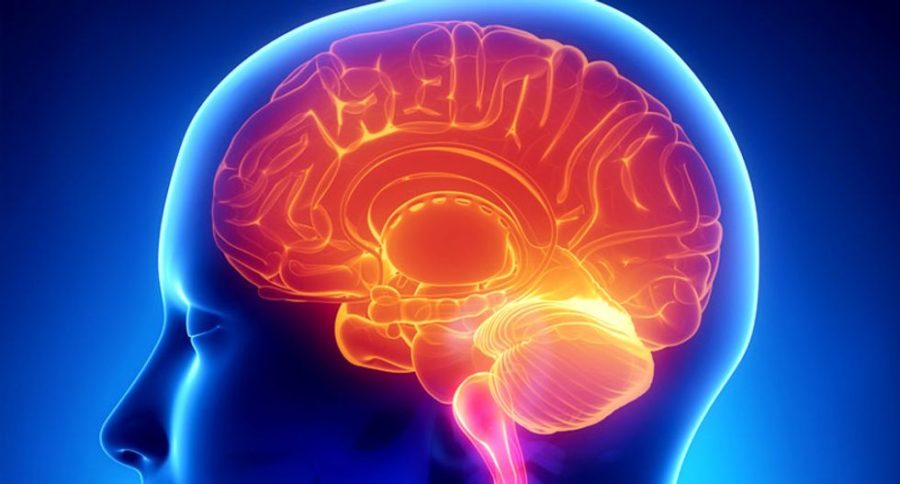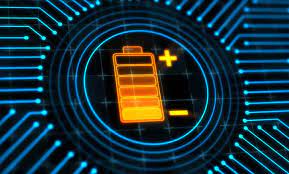Sugar-
Having high levels of the sweet stuff in your diet is known to be bad for your health, but cutting it out can also be difficult, particularly as it can trigger a range of unpleasant symptoms.
The following written content by James Brown

It might surprise you to learn that sugar consumption (in the UK and other developed countries at least) has actually been steadily decreasing over the past decade.
This could be happening for any number of reasons, such as a shift in tastes and lifestyles, with the popularity of low-carbohydrate diets, like keto, increasing in the past decade. A greater understanding of the dangers of eating excess sugar on our health may also be driving this drop.
Reducing sugar intake has clear health benefits, including reduced calorie intake, which can help with weight loss, and improved dental health. But people sometimes report experiencing negative side effects when they try to eat less sugar. Headaches, fatigue or mood changes, which are usually temporary, are among the symptoms. The reason for these side effects is currently poorly understood. But it’s likely these symptoms relate to how the brain reacts when exposed to sugary foods – and the biology of “reward”.
Carbohydrates come in several forms – including as sugars, which can naturally occur in many foods, such as fructose in fruits and lactose in milk. Table sugar – known as sucrose – is found in sugar cane, sugar beet and maple syrup while glucose and fructose are the main constituents of honey.
As mass production of food has become the norm, sucrose and other sugars are now added to foods to make them more palatable. Beyond the improved taste and “mouthfeel” of foods with high sugar content, sugar has profound biological effects in the brain. These effects are so significant it’s even led to a debate as to whether you can be “addicted” to sugar – though this is still being studied.
Sucrose activates sweet taste receptors in the mouth which ultimately leads to the release of a chemical called dopamine in the brain. Dopamine is a neurotransmitter, meaning it’s a chemical that passes messages between nerves in the brain. When we’re exposed to a rewarding stimulus, the brain responds by releasing dopamine – which is why it’s often called the “reward” chemical.
The rewarding effects of dopamine are largely seen in the part of the brain involved in pleasure and reward. Reward governs our behaviour – meaning we’re driven to repeat the behaviours which cause dopamine to be released. Dopamine can drive us to seek food, such as junk food. Read more from BBC.

Subscribe here





